School leaders are currently deliberating over potential strategies to address an upcoming partial solar eclipse within the educational setting.
The eclipse presents a unique learning opportunity for students to witness a celestial event firsthand, sparking curiosity and interest in astronomy and science. However, ensuring the safety of students and staff during the observation is paramount.
One option under consideration involves organizing structured viewing activities supervised by trained educators. These activities would allow students to safely observe the eclipse using specially designed solar viewing glasses or other approved equipment.
By providing guided opportunities for observation, educators can ensure that students understand the importance of protecting their eyes while witnessing this natural phenomenon.
Another approach being discussed is integrating the eclipse into lesson plans across various subjects, such as science, mathematics, and even art. Teachers could use the event as a springboard for discussions on topics like celestial mechanics, solar energy, and cultural interpretations of eclipses.
Incorporating the eclipse into classroom activities can enhance students’ understanding of related concepts and encourage interdisciplinary learning.
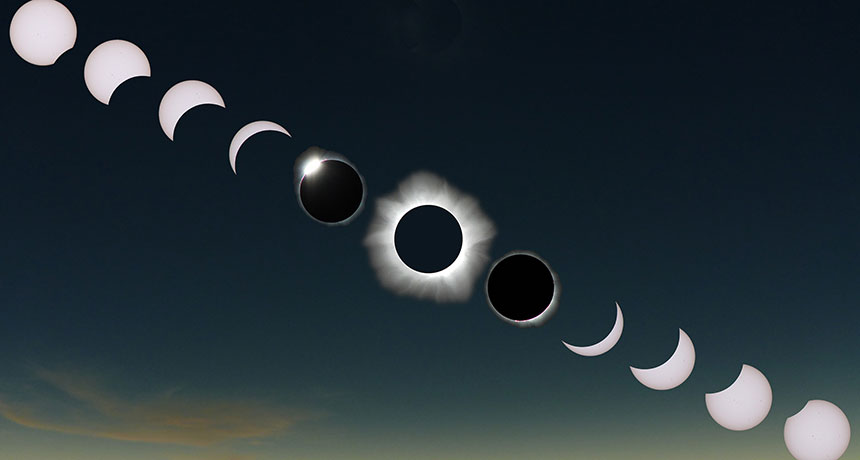
Additionally, school leaders are considering the possibility of live streaming the eclipse for students who may not be able to safely view it in person. This virtual option would enable all students to participate in the educational experience regardless of their location or access to viewing equipment.
Related Articles:
- Texas Republicans Face Tough Challenges in Education-Focused Runoff
- U.S. Education Department Investigates School Following Tragic Incident
- Navigating Georgia’s Educational Landscape: A Closer Look at School Performance
By leveraging technology, schools can ensure inclusivity and equitable access to learning opportunities surrounding the eclipse.
Furthermore, discussions are underway regarding appropriate safety protocols and guidelines to follow during the eclipse observation. Educators and administrators are reviewing best practices for eye protection, outdoor supervision, and communication with parents and guardians.


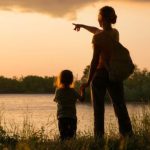


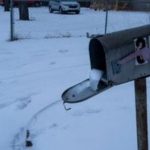


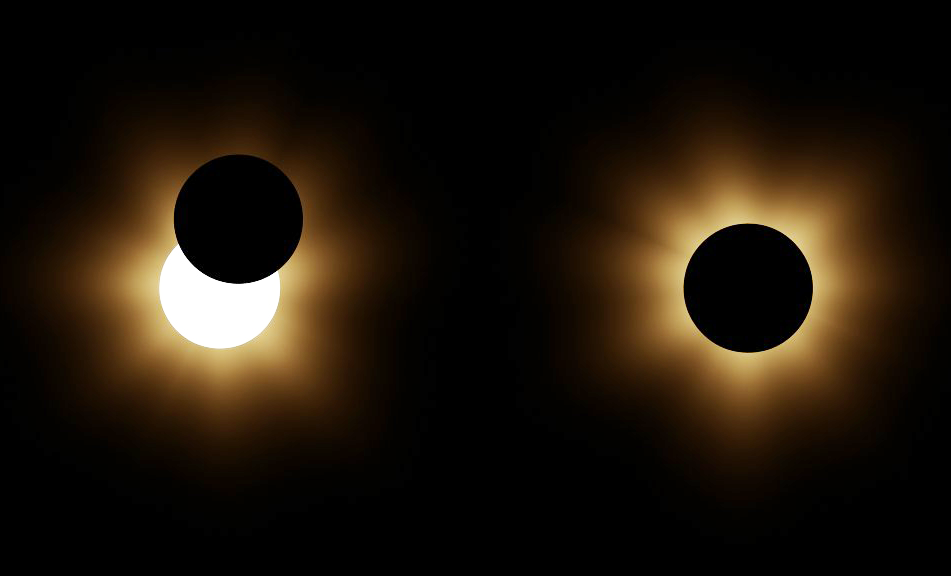
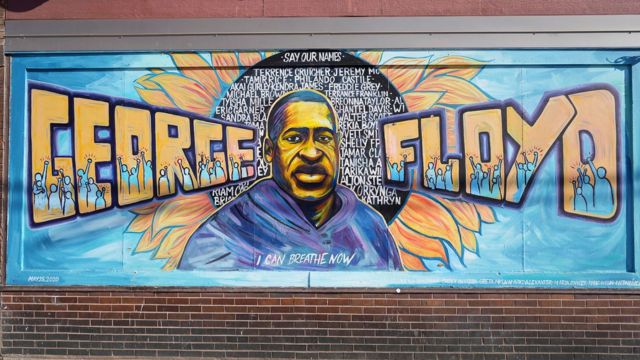
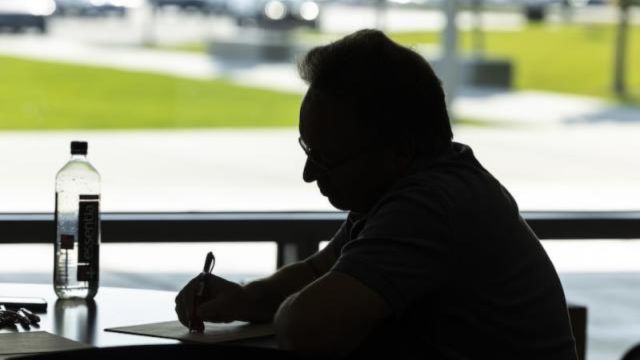


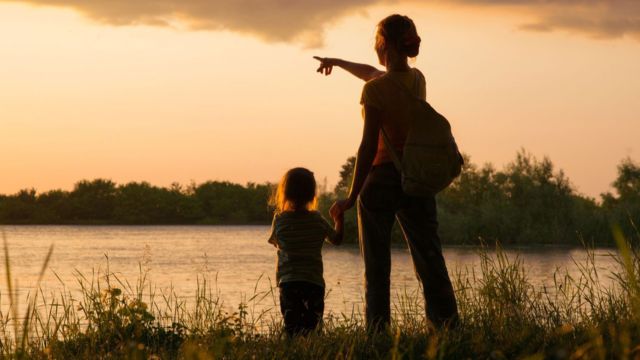

+ There are no comments
Add yours